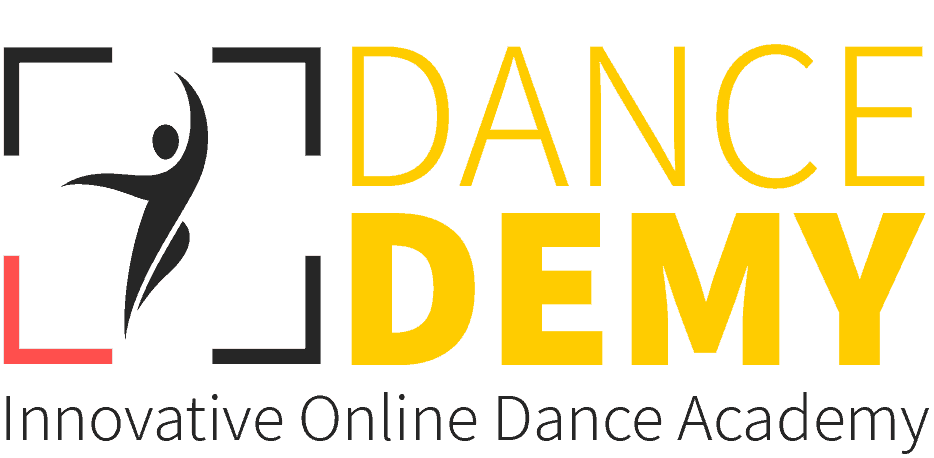What are Typical Interview Questions Asked During an ISO 9001:2015 Audit?
Achieving ISO 9001:2015 Certification is a milestone for organizations that want to demonstrate their commitment to quality management and continuous improvement. However, one of the most critical phases in the journey toward certification is the ISO 9001:2015 audit. During this process, auditors conduct interviews with employees at all levels to verify whether the organization complies with ISO 9001 requirements.
For businesses seeking ISO Certification in Bangalore, preparing employees for these interviews is vital. With the guidance of professional ISO Consultants in Bangalore and structured ISO Services in Bangalore, organizations can ensure that their workforce is audit-ready and confident.
In this blog, we’ll explore the typical interview questions asked during an ISO 9001:2015 audit, why they matter, and how to prepare for them.
Why Interview Questions are Important in ISO 9001:2015 Audits
Auditors don’t just review documents—they also interact with employees to understand whether processes are followed in practice. Interviews help auditors:
- Confirm that staff understand their roles and responsibilities.
- Verify awareness of quality policies and objectives.
- Assess how effectively processes are implemented.
- Identify gaps between documented procedures and actual practices.
By preparing employees for potential interview questions, organizations reduce the risk of non-conformities and strengthen their chances of achieving certification.
Typical Interview Questions During an ISO 9001:2015 Audit
Here are some commonly asked questions auditors may pose during an ISO 9001:2015 audit:
1. Quality Policy and Objectives
- Can you explain the organization’s quality policy in your own words?
- How does your role contribute to achieving the company’s quality objectives?
- Where is the quality policy displayed?
Auditors want to confirm that employees are not just aware of the policy but also understand how it connects to their daily work.
2. Roles and Responsibilities
- What are your primary responsibilities in this organization?
- How do you ensure that your tasks meet customer and regulatory requirements?
- To whom do you report issues regarding quality or non-conformities?
This ensures clarity in accountability and responsibility across all levels.
3. Documented Information
- How do you access the procedures and work instructions relevant to your job?
- Are you aware of how documents are controlled and updated?
- What do you do if you find an outdated document being used?
This line of questioning verifies document control practices, which are a crucial requirement of ISO 9001:2015.
4. Customer Focus
- How do you ensure that customer requirements are met in your role?
- What steps do you take if a customer complaint is received?
- Can you give an example of how customer feedback is used to improve processes?
Customer satisfaction is at the heart of ISO 9001:2015, and employees should be able to demonstrate their role in achieving it.
5. Process Approach
- Can you describe the process you follow for your work?
- What inputs do you need, and what outputs do you deliver?
- How does your process interact with other departments?
Auditors assess whether staff recognize the process approach, which links different functions into a cohesive quality management system.
6. Risk-Based Thinking
- What risks affect your work processes?
- How do you mitigate these risks?
- Can you describe an improvement you’ve made to reduce risks or errors?
ISO 9001:2015 emphasizes risk-based thinking, and employees should show awareness of potential risks in their areas of responsibility.
7. Training and Competence
- What training have you received for your role?
- How do you keep your skills updated?
- If you encounter a task you are not trained for, what steps do you take?
This ensures organizations maintain competence and proper training records.
8. Non-Conformities and Corrective Actions
- What do you do if you identify a non-conformity?
- How are corrective actions implemented in your department?
- Can you share an example of a recent issue and how it was resolved?
This validates whether employees understand and follow the corrective action process.
9. Continuous Improvement
- Can you describe an improvement initiative you have been involved in?
- How does your team identify opportunities for improvement?
- How are improvements communicated across the organization?
Auditors are keen to see a culture of improvement embedded in the organization.
How to Prepare Employees for an ISO 9001:2015 Audit
- Training and Awareness Sessions – Provide regular sessions on ISO 9001:2015 requirements.
- Mock Audits – Conduct internal audits that simulate external audits to familiarize employees with the process.
- Clear Communication – Ensure that quality policies, objectives, and processes are well communicated.
- Engage ISO Experts – Collaborating with professional ISO Consultants in Bangalore ensures employees receive expert guidance.
- Use Structured ISO Services – Partnering with organizations offering comprehensive ISO Services in Bangalore helps businesses systematically prepare for certification.
Conclusion
An ISO 9001:2015 audit is not just about compliance—it’s about showcasing your organization’s dedication to quality. Preparing for the typical interview questions helps employees feel confident and ensures that processes align with ISO requirements.
For businesses in Bangalore, achieving ISO Certification in Bangalore becomes easier with the support of experienced ISO Consultants in Bangalore and reliable ISO Services in Bangalore. By investing in preparation, training, and a culture of quality, organizations can successfully pass audits and reap the long-term benefits of ISO 9001:2015 certification.

Responses